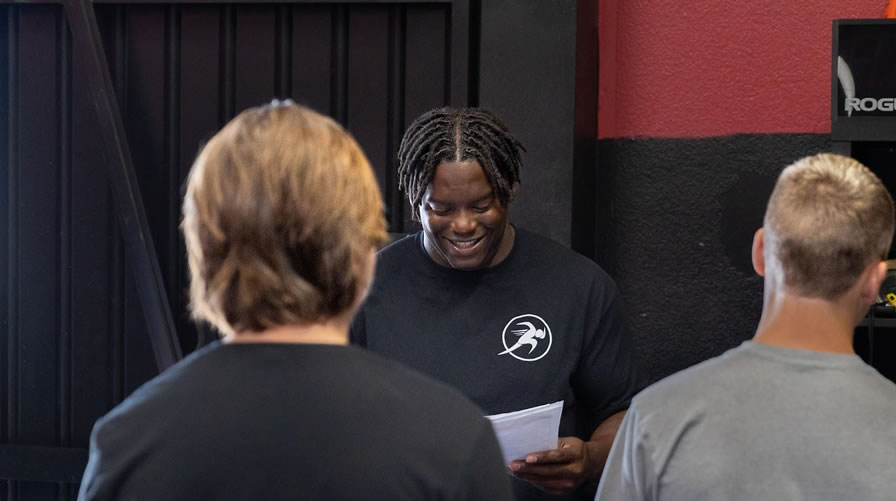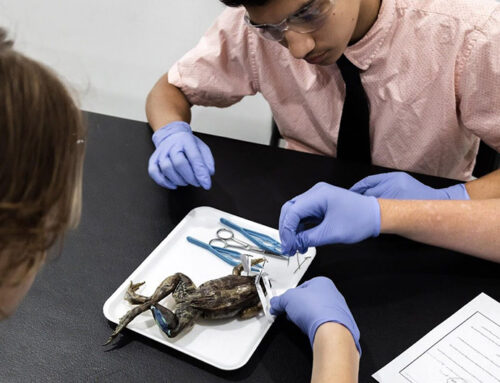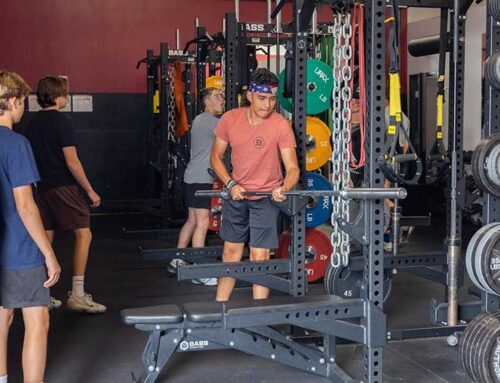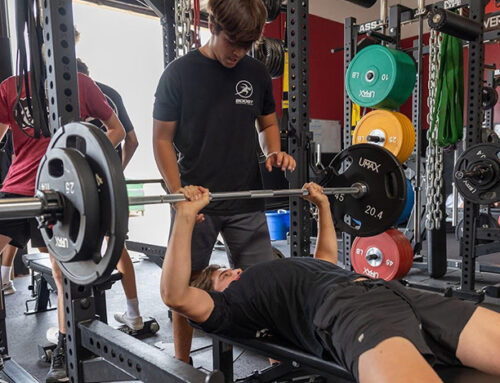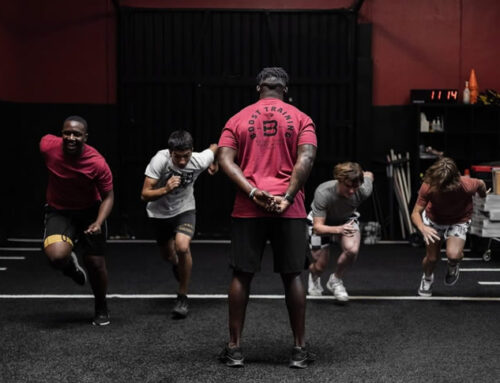Every athlete aspires to reach their peak potential, to excel in their chosen sport, and to push the boundaries of human performance. To achieve such lofty goals, an effective and well-rounded approach to training is crucial. One such approach gaining significant attention in the realm of strength and conditioning is Long-Term Athletic Development (LTAD). LTAD is a strategic framework that focuses on maximizing an athlete’s potential through structured, progressive, and individualized training programs. In this blog, I’ll discuss the concept of LTAD and its application in strength and conditioning to foster long-term athletic success.
Long-Term Athletic Development is an evidence-based approach to athletic training that recognizes the need for comprehensive and progressive development over an extended period. Rather than chasing short-term gains or focusing solely on competition outcomes, LTAD emphasizes the cultivation of fundamental movement skills, motor abilities, and sport-specific capacities throughout an athlete’s developmental journey. It places emphasis on age-appropriate training, skill acquisition, injury prevention, and long-term athletic sustainability.
LTAD typically consists of several stages, each characterized by specific training objectives and focus areas. While the exact terminology and duration may vary, the fundamental principles remain consistent. Here is a general outline of the stages:
- Fundamentals: This initial phase focuses on developing fundamental movement skills, coordination, and overall athleticism. The emphasis is on building a solid foundation for future athletic development.
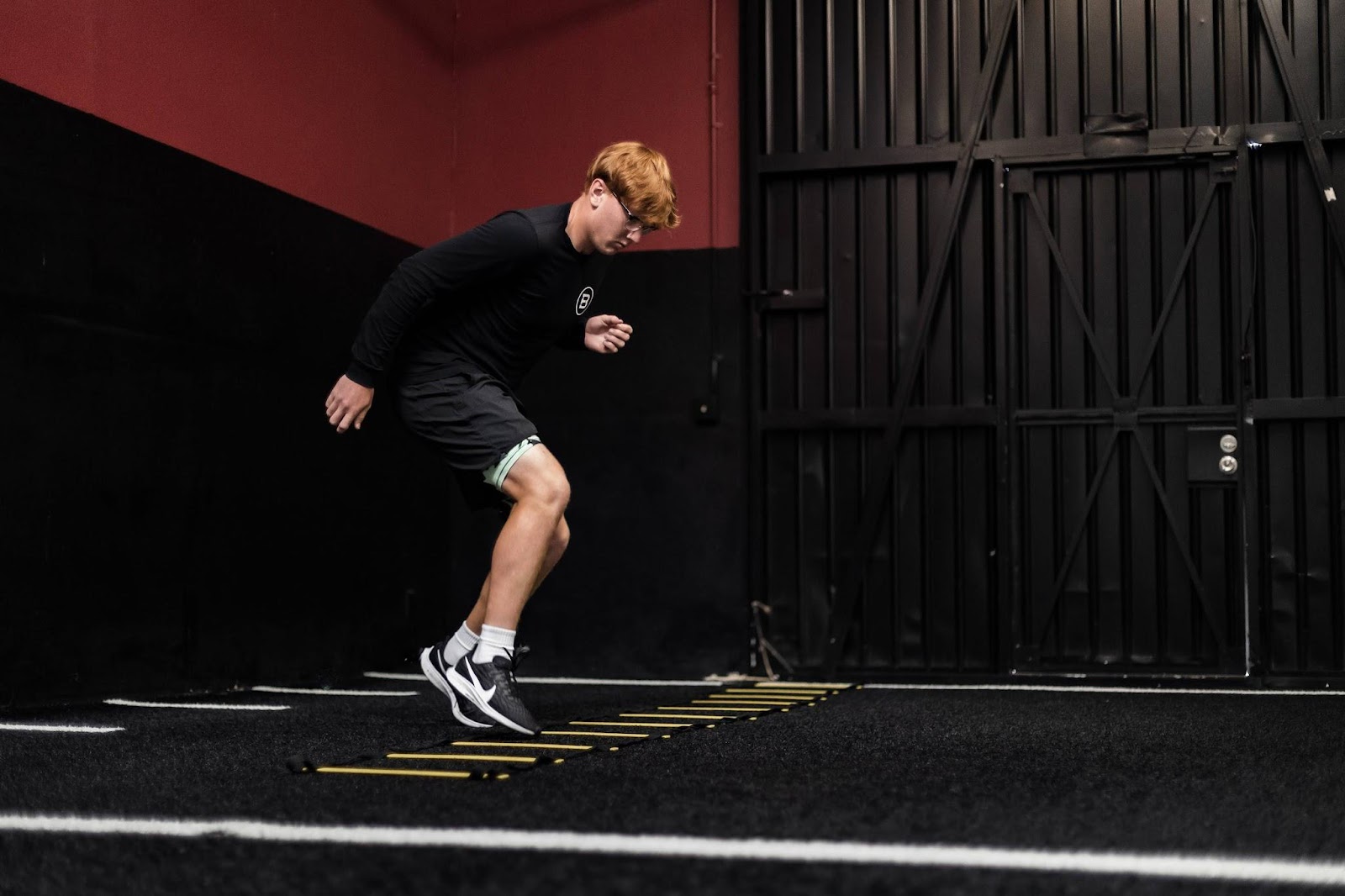
- Learning to Train: In this stage, athletes progress towards more structured training programs and sport-specific skill acquisition. Developing strength, flexibility, and aerobic fitness becomes a priority, while introducing more complex movement patterns.
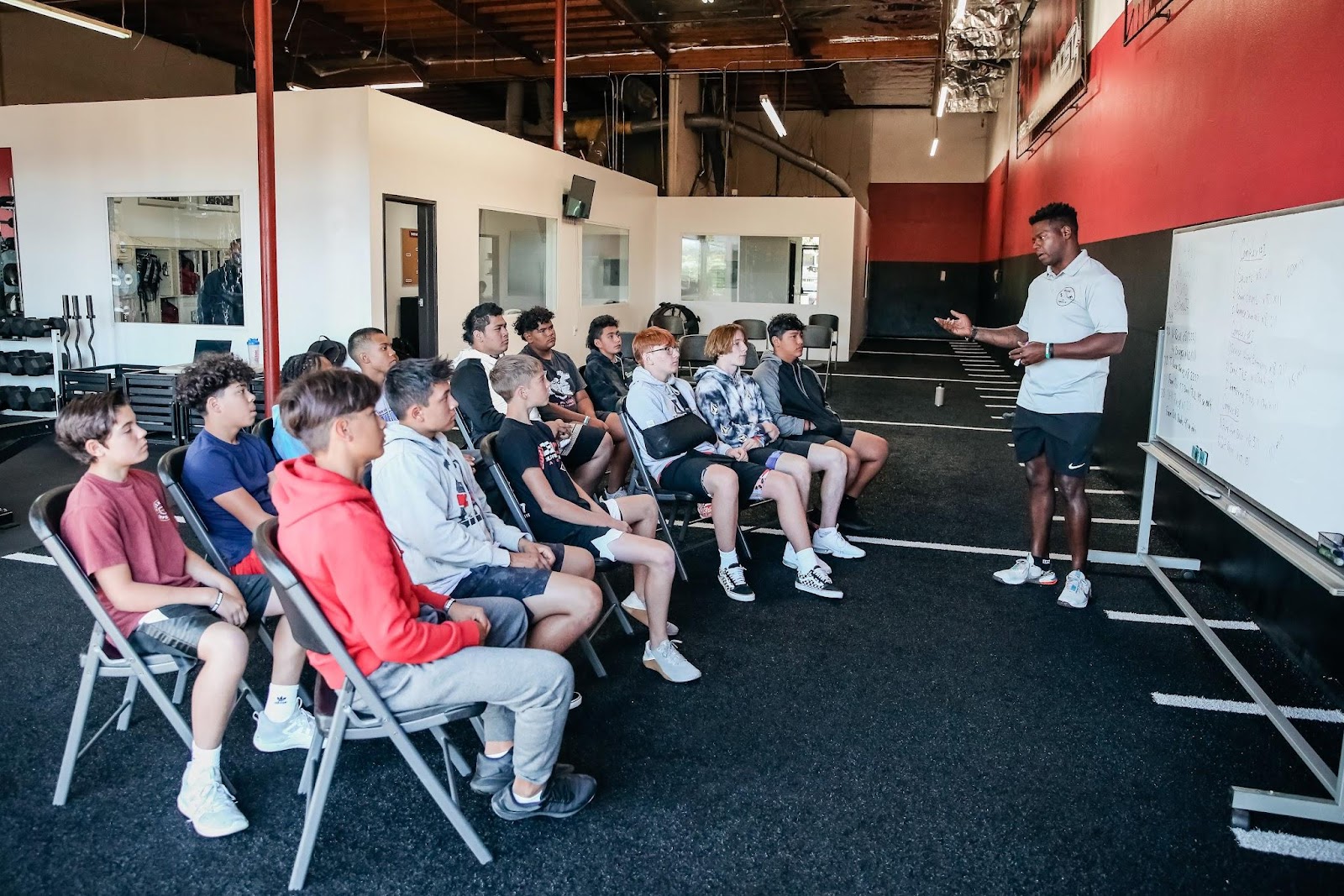
- Training to Train: As athletes grow older and more physically capable, the focus shifts to building sport-specific strength, power, and speed. Individualized training programs become more significant, and specialized skill development takes precedence.
- Training to Compete: At this stage, athletes are well-equipped with sport-specific skills and physical capacities. The focus now shifts towards optimizing performance through advanced training methods, refining technical skills, and mastering competition strategies.
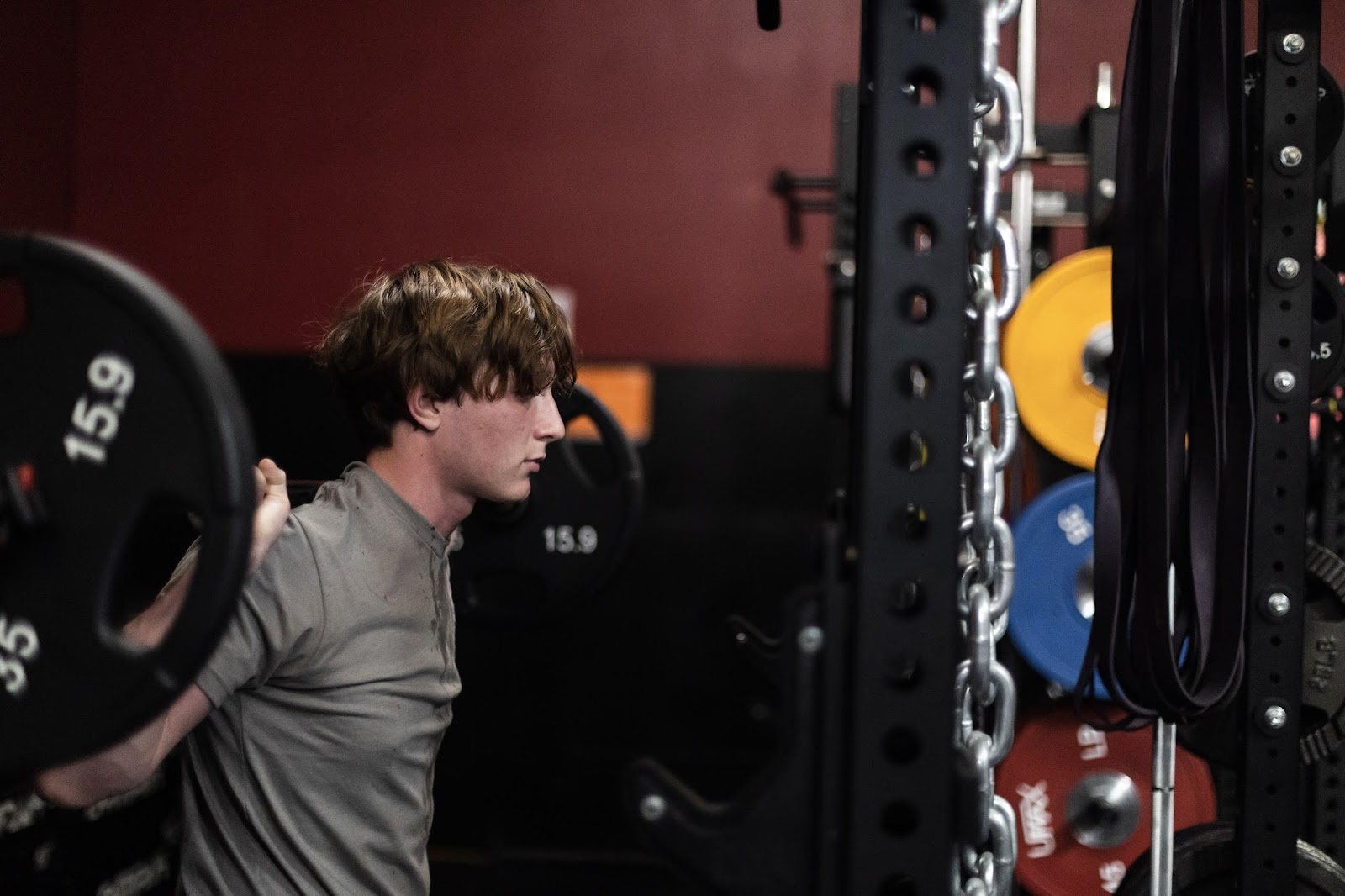
- Training to Win: This final stage is reserved for elite athletes who are competing at the highest level in their sport. It involves fine-tuning every aspect of performance, maximizing physical potential, and implementing cutting-edge training techniques.
Recognizing that every athlete is unique, LTAD prioritizes personalized training programs tailored to an individual’s age, developmental stage, and abilities. This approach optimizes training adaptations and minimizes the risk of overuse injuries.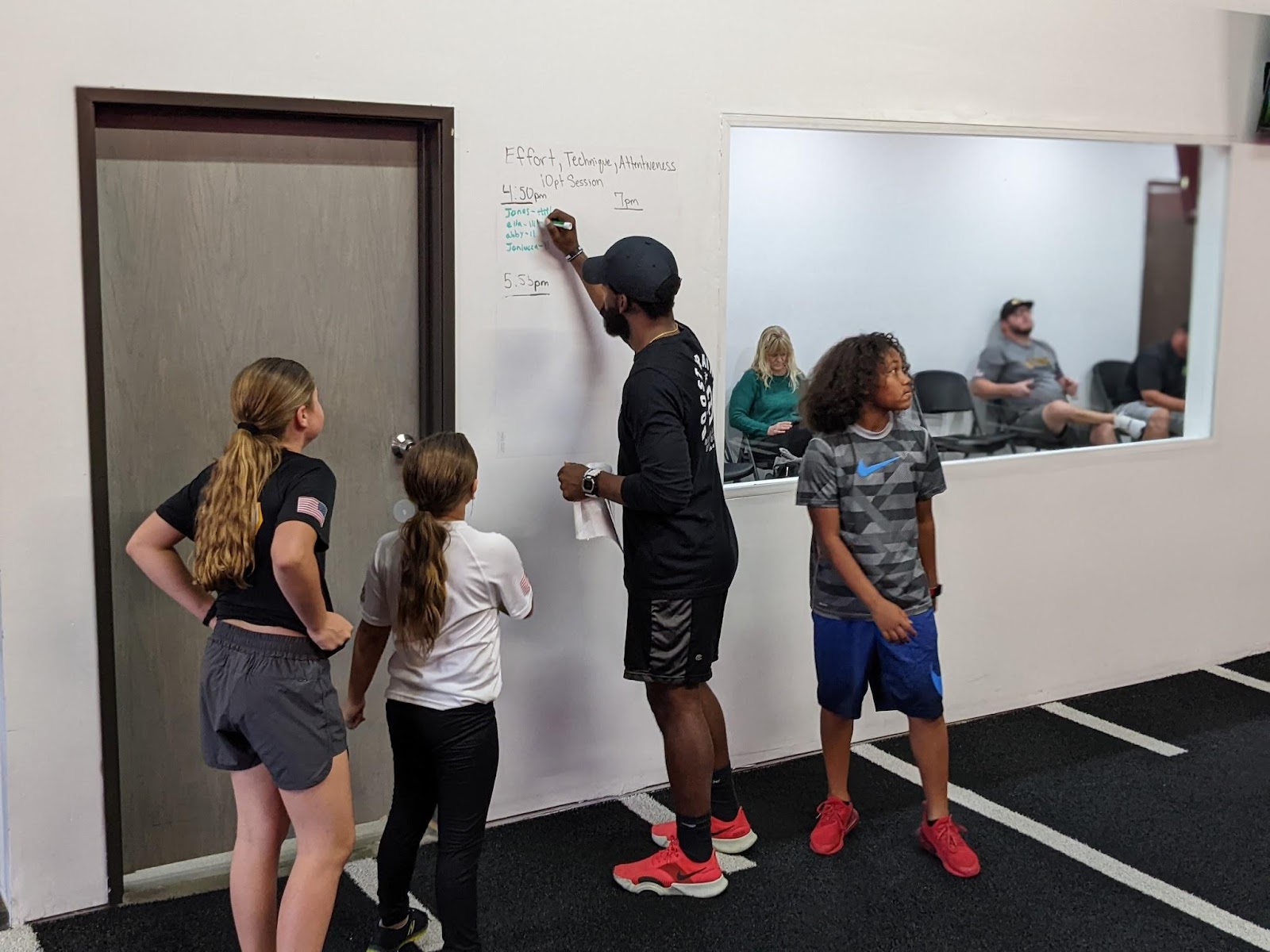
- Periodization: LTAD incorporates well-structured periodization models, which involve planned variations in training intensity, volume, and focus throughout the year. Periodization ensures a balance between training, recovery, and skill development, leading to long-term progress and peak performance during competition periods.
- Multilateral Development: Rather than early specialization, LTAD emphasizes the importance of developing a broad range of physical attributes and movement skills. Building a solid foundation of strength, mobility, agility, and endurance helps athletes adapt to different sports, reduces injury risk, and enhances long-term athletic potential.
- Long-Term View: As the name suggests, LTAD takes a long-term perspective on athletic development. It encourages patience and understanding that true excellence is achieved through years of consistent, progressive training, rather than quick fixes or immediate results.
Long-Term Athletic Development is a comprehensive and systematic approach to strength and conditioning that aims to unlock an athlete’s full potential. By focusing on individualization, periodization, multilateral development, and adopting a long-term view, LTAD fosters optimal physical-Boostman
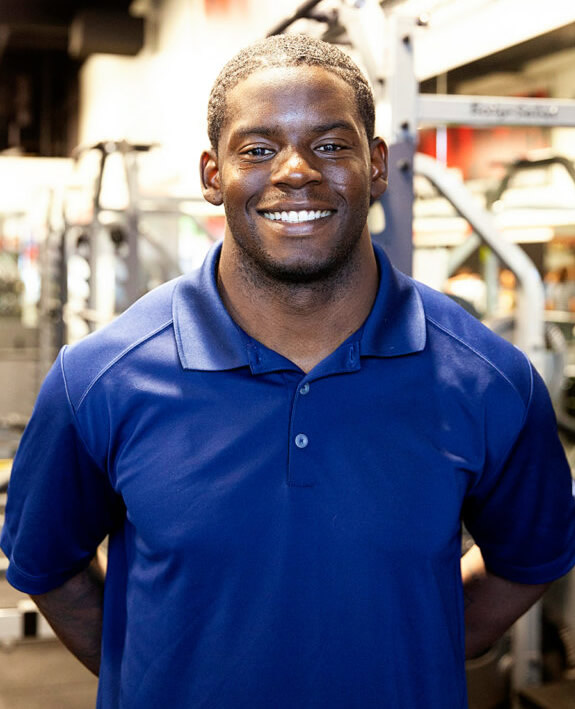
Owner, Boost Training Systems in Corona, CA
Level 1 & 2 Coach Bommarito Performance
CSCS, USAW

